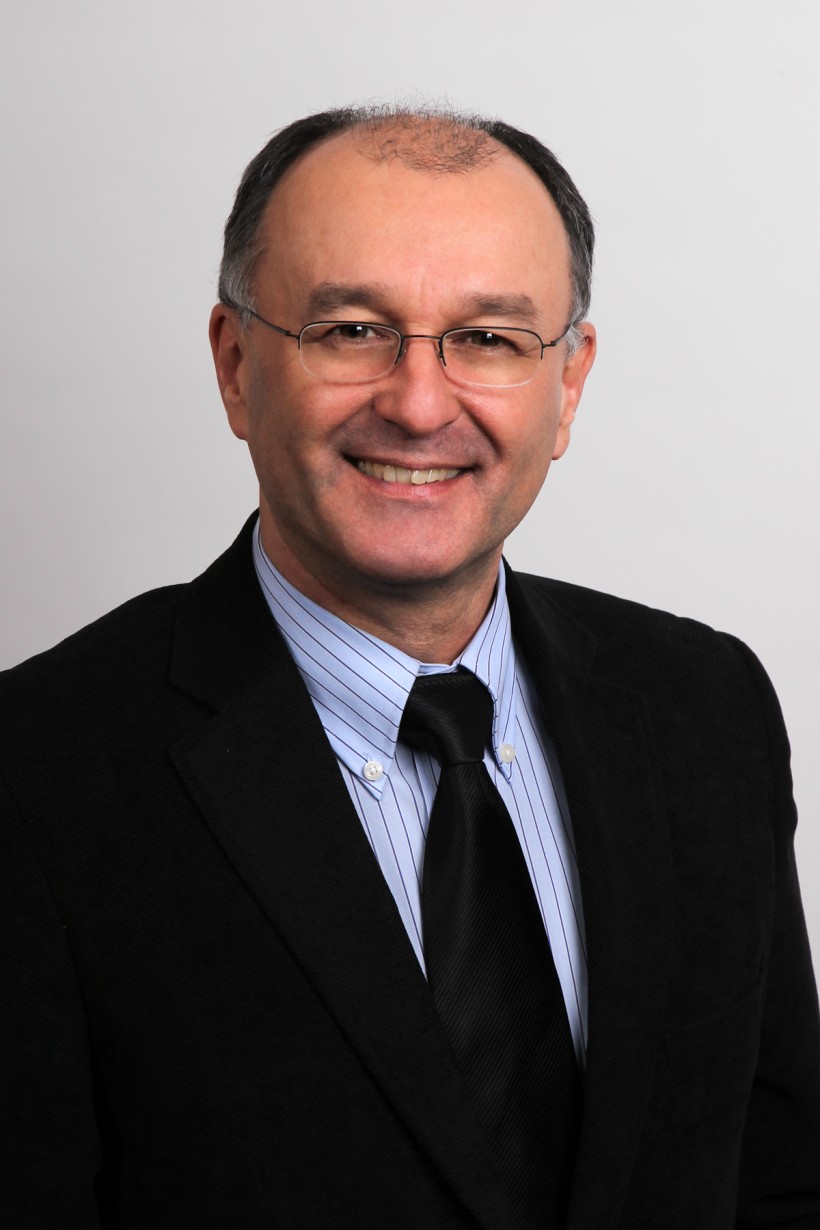After a career spent proving his adaptability, Gary Dinn is now focused on preparing Atlantic Canadian companies for the global market through his role at a regional mentoring group.
Dinn has recently taken over as CEO of Propel-ICT, the group that runs Launch36, the biggest business accelerator east of Montreal.
Under the banner Propel 2.0, Dinn and his team are aiming to launch 420 startups over the next five years. Some of these will come from outside Atlantic Canada.
They will be assisted by the federal government, which recently committed to contributing up to $2.9 million to Propel over five years.
Previously, Dinn worked on developing subsea acoustics and other marine technologies. He co-founded the St. John’s, N.L., defence and nautical equipment maker Rutter Technologies, which is listed on the Toronto Stock Exchange.
His work around the world makes him confident that Atlantic Canada’s entrepreneurs can compete globally.
“This region’s companies can produce the quality and quantity to meet the world market,” said Dinn, now back at his home base in St. John’s.
“But we need a greater concentration of the ideas that create businesses. Venture capitalists don’t think there is enough going on here. We need to create critical mass.”
Propel ICT began in Saint John, N.B., 10 years ago. The group works with partner groups such as Planet Hatch in Fredericton and Volta Labs in Halifax to deliver programs that help startups access venture capital.
“Propel programs make people talk about their businesses in a way venture capitalists want to hear,” Dinn said.
“They are much more likely to land investment.”
His own career has taught him the importance of flexibility in business.
He began studying engineering at Memorial University in St. John’s. His electrical engineering professor started a company called Ice Engineering, where Dinn worked between 1982 and 1985, learning about managing the problems ice causes for the oil and gas industries.
In 1985, he was a co-founder of Consolidated Technologies. At the time, the Soviets were deploying nuclear submarines in the Arctic. It was decided to place sonar buoys in the Arctic to monitor them, but the ice cover was a problem. Consolidated Technologies partnered with Spartan Electronics of London, Ont., to find a solution, gaining the Office of Naval Research in the United States as an early client.
“We came up with our solution in 1990 and produced the first 50 units, but the Gulf War broke out and took all the funding and the project was cancelled,” Dinn said.
He and his colleagues then tackled the problem of aircraft de-icing fluid at airports that was seeping into ground water. The company figured out a way to recycle the fluid by reconcentrating it.
In 1994, the Estonia ferry sank in the Baltic Sea, with the loss of 852 lives.
Dinn and his partners had already been working on introducing electronic charting systems to ships. So when the International Maritime Organization decided to create a nautical black box, they were well placed to assist. Dinn was one of those who helped write the specifications for the box.
“The International Electrotechnical Commission wrote the technical details and we in St. John’s contributed the standard,” Dinn said.
“We decided to create the product ourselves and were working on it while helping to write the specifications for the IEC.”
By the time the standard was issued, they were almost ready to go to market, founding Rutter Technologies in 1997. At one point, they had 20 per cent of the world market.
Dinn has also been a director of the World Ocean Council, the international business alliance for corporate ocean responsibility. He is a past chairman of OceansAdvance, Newfoundland’s OceanTech cluster.
He will be travelling around Atlantic Canada to help better integrate the startup ecosystem.
“We need to work together, to be pan-Atlantic, in order to get enough venture capital to make entrepreneurship a driver of the economy.”
Disclaimer: Entrevestor receives financial support from government agencies that support startup companies in Atlantic Canada. The sponsoring agencies play no role in determining which companies and individuals are featured in this column, nor do they review columns before they are published.










